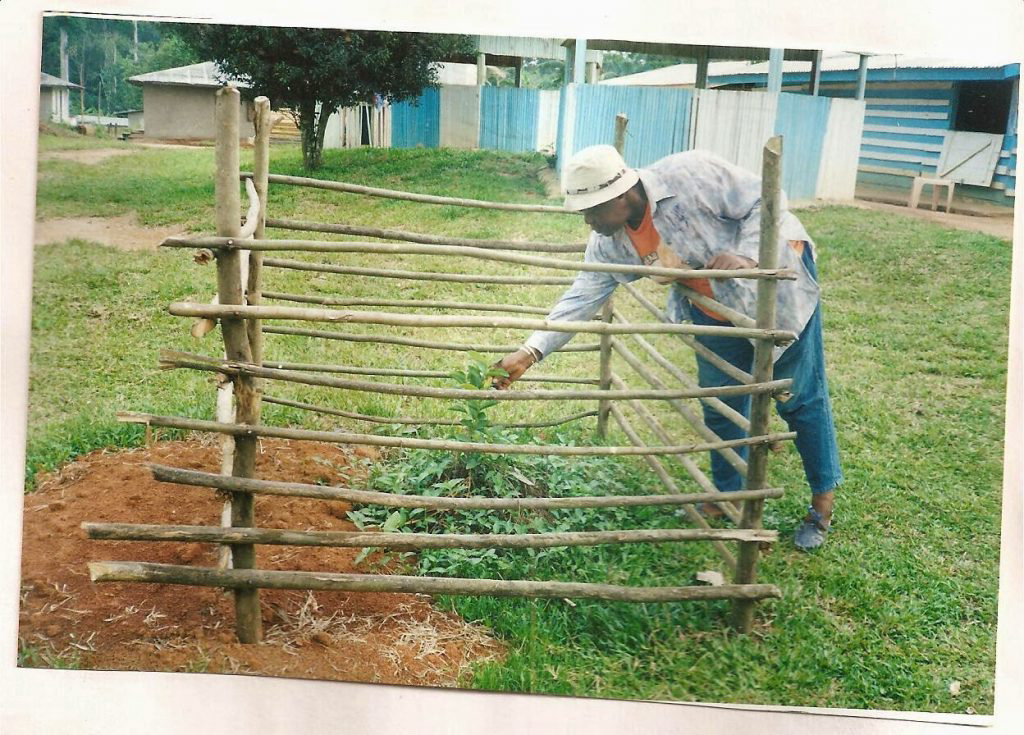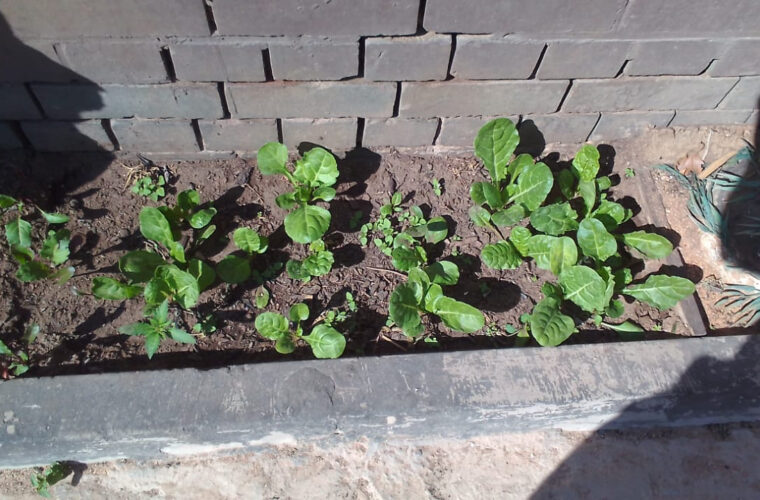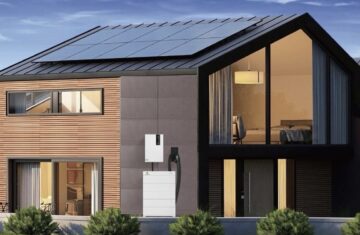Slovakia’s Ministry of Economy and the Slovak Innovation and Energy Agency have introduced the Green Solidarity Project aimed at reducing energy costs for low-income households. Eligible households can now apply for support to purchase renewable energy equipment, significantly easing the financial burden of energy expenses.
Project Overview
The Green Solidarity Project utilizes a voucher system that covers up to 90% of the costs associated with purchasing and installing renewable energy equipment, including:
- Photovoltaic panels
- Solar collectors
- Biomass boilers
This initiative has allocated €28.4 million from both European and national sources to support eligible households.
Ministerial Insights
“We are introducing the Green Solidarity Project to support low-income households that are at the highest risk of energy poverty,” said Denisa Saková, Deputy Prime Minister and Minister of Economy of the Slovak Republic. She highlighted that renewable energy devices, which can significantly lower energy bills, have previously been financially out of reach for many low-income families. “This program offers them a new opportunity, and we hope they take advantage of it.”
Under the Green Households Project, standard households can receive up to 50% of costs, while low-income households under the Green Solidarity Project will benefit from subsidies covering up to 90% of their expenses. This increased support reflects the state’s commitment to assist those in greater need.
Application Process

Low-income applicants who have already applied for a voucher under the Green Households Project can update their electronic applications to indicate their eligibility for the higher benefit.
Eligibility Criteria
To qualify for the Green Solidarity Project, households must demonstrate a net income at or below a specified threshold, which is defined by EU SILC methodology. This threshold is set at 70% of the median national equivalent disposable income. Eligible participants include property owners and anyone with a registered permanent or temporary residence at the installation site.
Conclusion
The Green Solidarity Project represents a significant step towards alleviating energy poverty in Slovakia, providing critical support to low-income households and promoting the adoption of renewable energy technologies.



